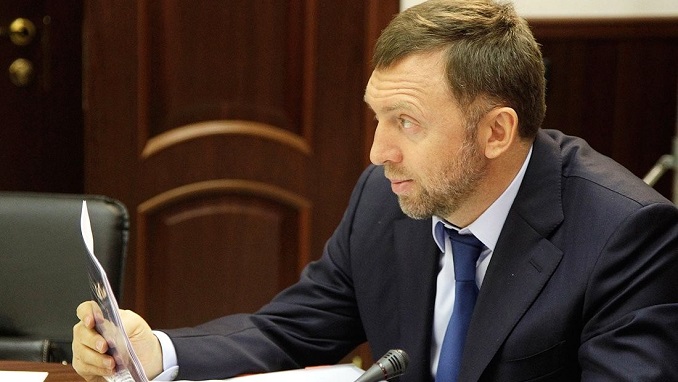Moscow is hoping the European Union can persuade Washington to ease restrictions against aluminum giant Rusal and is holding off on taking retaliatory measures against the United States for imposing sanctions on the world’s second-largest aluminum producer, sources told Reuters.
This week, the U.S. gave American customers of Rusal more time to comply with the U.S. sanctions imposed earlier this month. This happened after some European capitals lobbied for the measures to be eased, triggering a 43-percent jump in Rusal’s Hong-Kong listed shares.
Moscow hopes French President Emmanuel Macron, who is already in Washington and German Chancellor Angela Merkel, who is due there later this week, can reopen European markets for Rusal’s aluminum, a source at the finance ministry said.
“Everyone is sitting now and waiting to see if Merkel agrees with Trump if she secures exceptions,” the source said. “This explains why Russia is not going in with all guns blazing now.”
On April 6, Washington blacklisted Rusal and its billionaire major shareholder Oleg Deripaska, along with other Russian businessmen, for suspected meddling in the 2016 U.S. election and other alleged “malign activity.”
The sanctions were a surprise for many of those affected, said a source close to the Russian government.
“Our side did not think that there would be such pressure, but the West did not expect it either. Therefore, attempts are being made to ease the pressure on both sides,” he added.
Russian Finance Minister Anton Siluanov met with U.S. Treasury Secretary Steven Mnuchin last week, the ministry said.
Russia has a history of imposing quick bans on Western imports when it needs to send a strong response to conflicts with other countries. However, in this case, the reaction is unusually slow in coming.
Russian lawmakers drafted legislation in response to the U.S. sanctions that would give the authorities the power to ban or restrict imports of U.S. goods and services to Russia on April 13. The first reading is planned for May 15.












